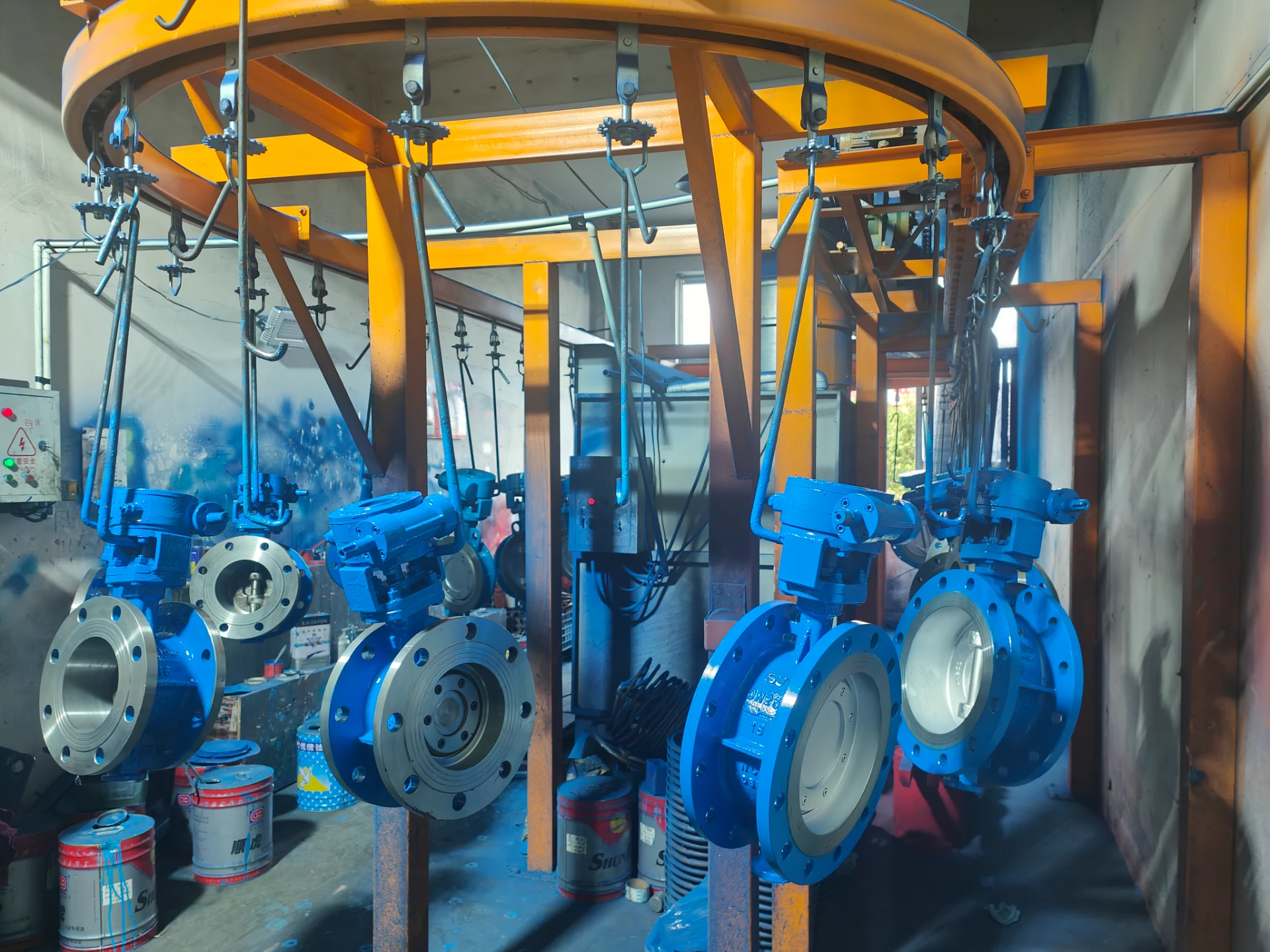Understanding the Function and Application of Needle Valves in Instrumentation
Understanding Instrument Needle Valves A Key Component in Fluid Control Systems
Instrument needle valves play a crucial role in various industrial applications, especially in fluid control systems. These specialized valves are designed to precisely regulate the flow of liquids and gases, allowing operators to manage pressures and flow rates with a high degree of accuracy. Understanding the function, construction, and applications of needle valves is essential for engineers and technicians working in industries such as oil and gas, pharmaceuticals, and water treatment.
What is a Needle Valve?
A needle valve is characterized by its slender, tapered point at the end of its stem, resembling a sewing needle. This design allows for fine adjustments and a more controlled flow rate compared to other types of valves, such as ball or gate valves. The ability to manage flow precisely is why needle valves are often employed in instrumentation applications, where accurate measurements and control of fluids are critical.
The general structure of a needle valve includes a body, a bonnet, a needle-shaped spindle, and a seat. When the spindle is turned, the needle moves up or down, either allowing or cutting off the flow of fluid through the valve seat. The design ensures that even the slightest adjustments in the spindle position can lead to significant changes in flow rate, making needle valves ideal for calibration and metering applications.
Advantages of Needle Valves
1. Precision Control The key advantage of a needle valve lies in its ability to allow precise control of flow. This is particularly important in applications where small variations in flow or pressure can lead to significant changes in system performance.
2. Versatility Needle valves can be used for various fluids, including gases and viscous liquids. Their robust design allows them to withstand harsh operating conditions, making them suitable for diverse industrial environments.
3. Compact Design The small size of needle valves allows for installation in spaces where larger valves would be impractical. This compactness is especially necessary in tightly configured piping systems or industrial machinery.
instrument needle valve

4. Leakage Prevention Well-designed needle valves can provide excellent sealing capabilities, minimizing the risk of leaks in critical systems. Proper maintenance and selection of materials are essential to ensure long-lasting performance.
Applications of Needle Valves
Needle valves are widely used in various applications across many industries. Some common areas of usage include
- Oil and Gas Industry In drilling and production operations, needle valves are used to control the flow of liquids and gases, ensuring safe and efficient processing.
- Chemical Processing Needle valves are essential for dosing and controlling the flow of chemicals in reactors and various processing equipment, where precise measures are crucial.
- Water Treatment In water treatment plants, these valves are used to manage flow rates within filtration systems or dosing systems for chemicals such as chlorine and coagulants.
- Instrumentation and Laboratory Settings Needle valves are commonly found in laboratory settings for precisely controlling the flow of gases and liquids in analytical devices.
Conclusion
Instrument needle valves are an indispensable component in various fluid control systems, providing the precision and reliability needed for efficient operations. Their unique design and versatility make them suitable for specific industries where flow regulation is paramount. As technology advances, the development of new materials and design improvements will likely enhance the performance and application scope of needle valves, ensuring they remain a vital part of modern industrial systems. Understanding their functionalities and applications helps professionals optimize processes and maintain safety in fluid handling operations.
-
The Key to Fluid Control: Exploring the Advantages of Ball Valves in Industrial SystemsNewsJul.09,2025
-
The Versatile World of 1, 2, and 3 Piece Ball ValvesNewsJul.09,2025
-
Stainless Steel Ball Valves: The Ideal Choice for Efficient Flow ControlNewsJul.09,2025
-
Optimizing Fluid Control with Ball Float ValvesNewsJul.09,2025
-
Manual Gate Valves: Essential for Control and EfficiencyNewsJul.09,2025
-
Everything You Need to Know About Butterfly ValvesNewsJul.09,2025
-
The Versatility of Wafer Type Butterfly ValvesNewsJul.08,2025




